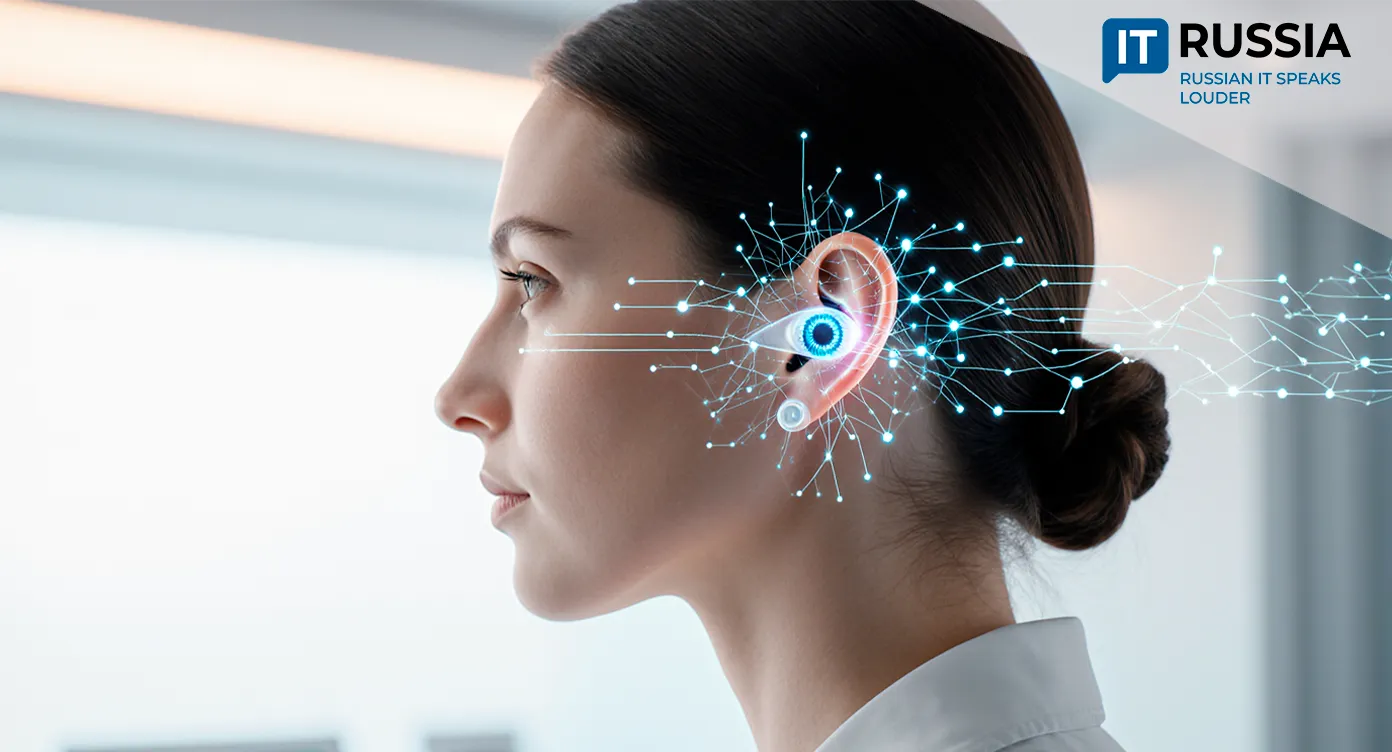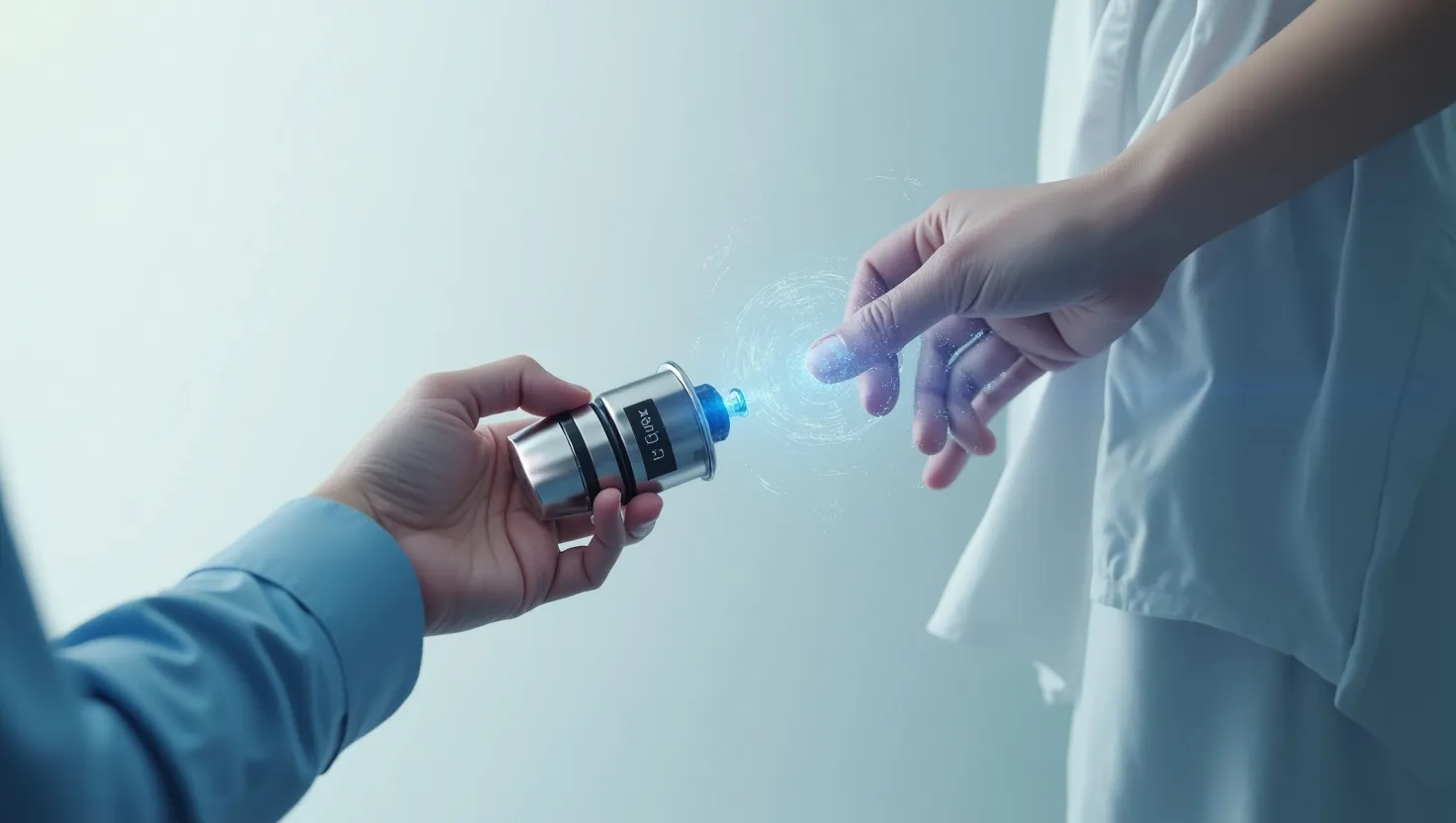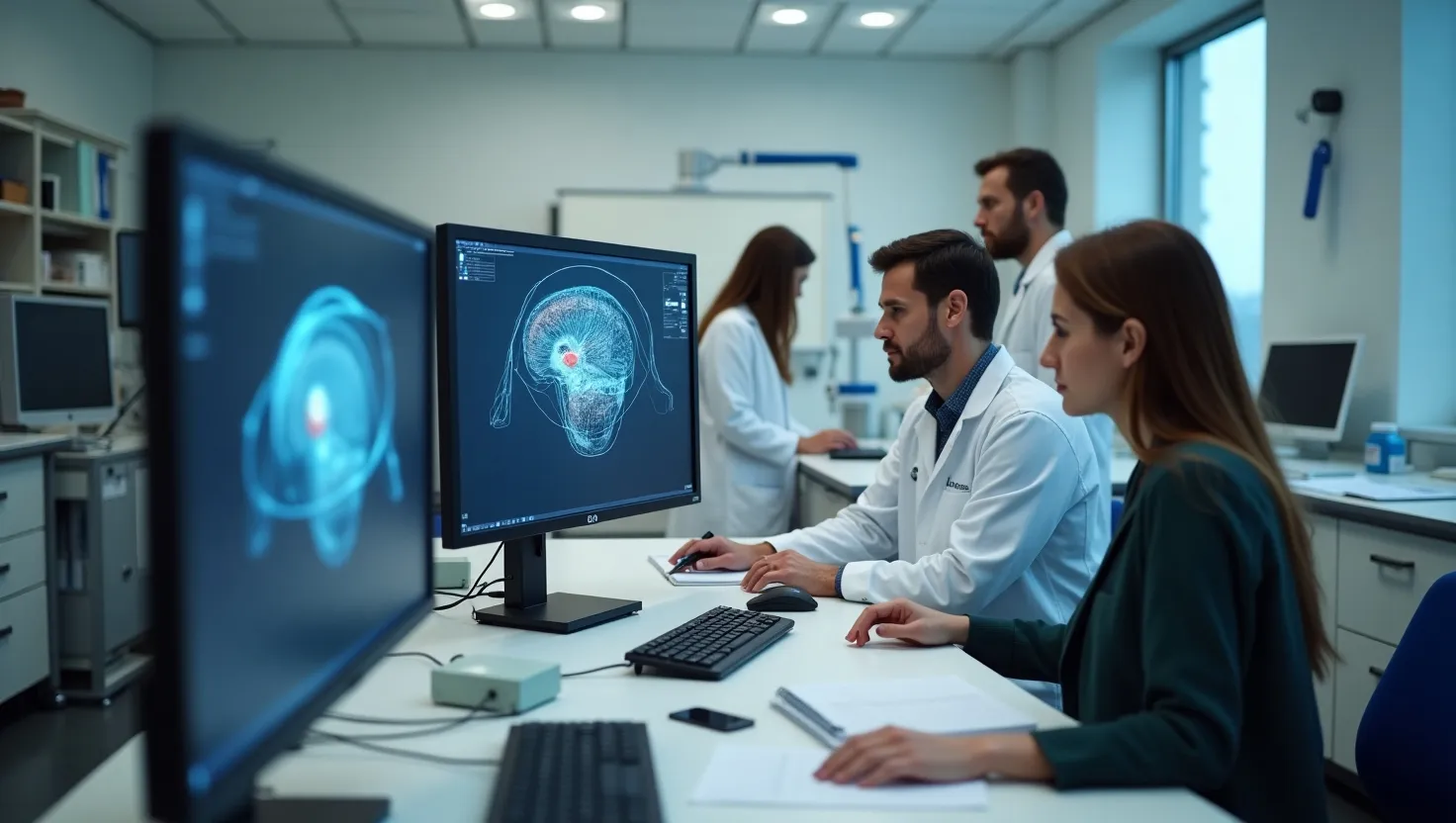Power of Thought: Russian Technologies Open a New Era in Restoring Hearing and Vision
Russian company Neuroimplants ELVIS has begun testing an implant designed to restore hearing, with production scheduled to start in 2026. The launch promises to help thousands of people hear again.

A Breakthrough in Silence
In the world of high technology, a new human-centered player is emerging. Russia is achieving a true breakthrough in neurotechnology. Neuroimplants ELVIS is testing the country’s first cochlear implant, addressing a critical gap in healthcare while building a foundation for national technological independence. Production is expected to begin in 2026.
This is more than a medical device—it’s a symbol of how Russia, despite global competition and geopolitical challenges, is not only achieving import substitution but also creating world-class innovations. These technologies can restore one of the most vital human senses—hearing—and, in the near future, sight.
The First Russian Implant Breaking Barriers
Until recently, Russian patients with severe hearing loss were fully dependent on three foreign monopolies: Australia’s Cochlear, Austria’s Med-EL, and Switzerland’s Advanced Bionics. Each year, about 1,500 such systems are implanted in Russia, making the absence of a domestic alternative not only a matter of prestige but also a national security issue affecting thousands of lives.

The Neuroimplants ELVIS development changes this dynamic. The device, consisting of an external processor and an internal electrode that stimulates the auditory nerve, represents a complex integration of medicine, microelectronics, and software.
Creating and testing such a system from scratch highlights the immense scientific and engineering potential emerging in Russia today. The implant’s mechanism connects electrodes directly to nerve cells, creating a neural interface between the brain and the external device. Fine electrode threads are inserted into the cochlea of the inner ear, stimulating the nerve endings that transmit signals to the brain.
Yet the uniqueness of ELVIS lies not only in its engineering but also in its philosophy. From the outset, the company emphasized its human-centered strategy—providing free rehabilitation for patients in private clinics. Unlike foreign competitors, which often shift rehabilitation costs to patients, the Russian team assumes full responsibility for outcomes, recognizing that successful implantation depends on the quality and duration of rehabilitation.
From Hearing to Vision
ELVIS’s ambitions extend far beyond cochlear implants. The company is developing a full ecosystem of neurodevices comparable in scale to global pioneers such as Elon Musk’s Neuralink. Its product pipeline includes Elvis V, a vision-restoration implant for blind patients; Elvis DBS, a deep brain stimulation system for treating Parkinson’s and Alzheimer’s diseases; and Elvis BCI, a brain–computer interface that enables paralyzed individuals to control external devices through thought.

This comprehensive product lineup represents not just a national milestone but a claim to leadership in one of the fastest-growing global industries. The neurostimulation market, valued at $8.7 billion in 2024, is projected to reach $19.9 billion by 2035. Russian developers are not just participating in this transformation—they are building the foundation for future high-tech exports.
Russia’s Response to Global Challenges
The company’s rapid rise stems from the synergy between visionary investors and world-class scientists focused on national priorities. ELVIS began its research in 2017, supported by the So-Edinenie Foundation and the Vostok Venture Fund, whose anchor investor is the Interros Group. In 2025, the project secured an investment of 305 million rubles (about $3.65 million), underscoring investor confidence in its potential.
This collaboration mobilizes Russia’s IT and engineering industries, driving them to create not just substitutes for foreign products but competitive—and often superior—innovations.
Looking to the Future
ELVIS’s success goes far beyond import substitution. It’s a springboard to global recognition. Within three to five years, Russian neuroimplants are expected to gain traction in countries that, like Russia, face limited access to Western technologies. They are particularly suited for emerging markets, where cost-effectiveness and quality are key factors.

Once the company secures international certifications such as CE and FDA, its products will be ready for export. While foreign developers are still talking about the distant future of “cyborg” integration, Russian engineers are already creating technologies that change—and save—lives today. ELVIS is proof that Russia is not merely adapting to new economic realities but shaping the technological future itself. It’s not just a startup—it’s a national project marking a new, inspiring chapter in the story of Russian science and innovation.










































